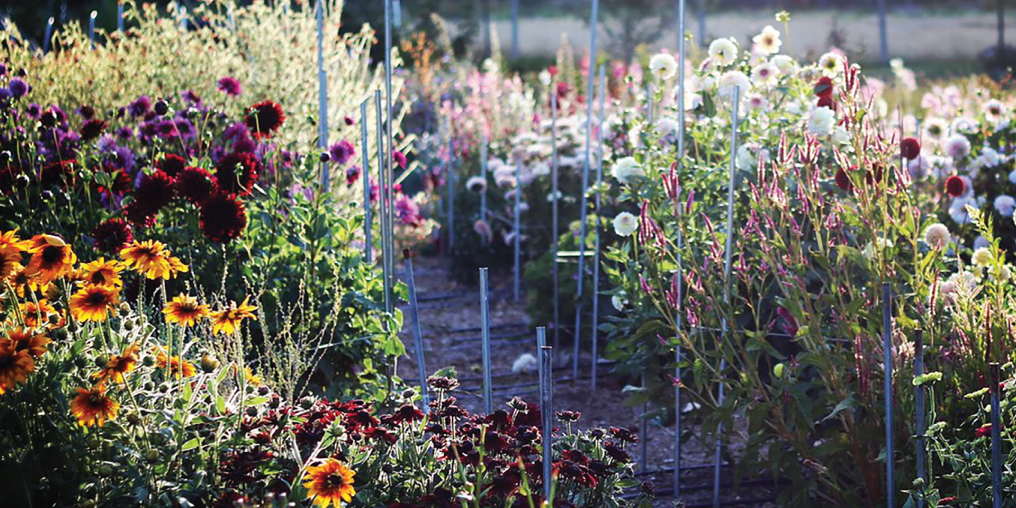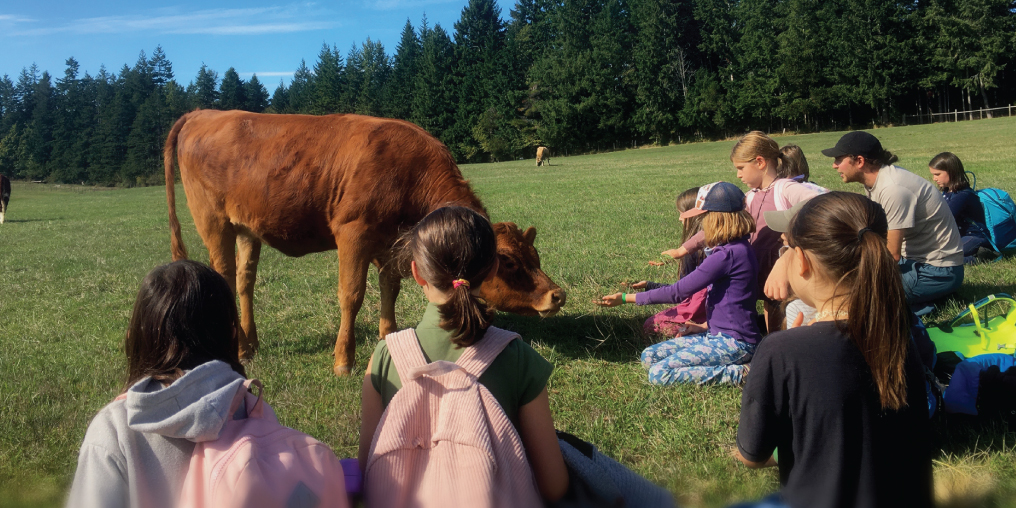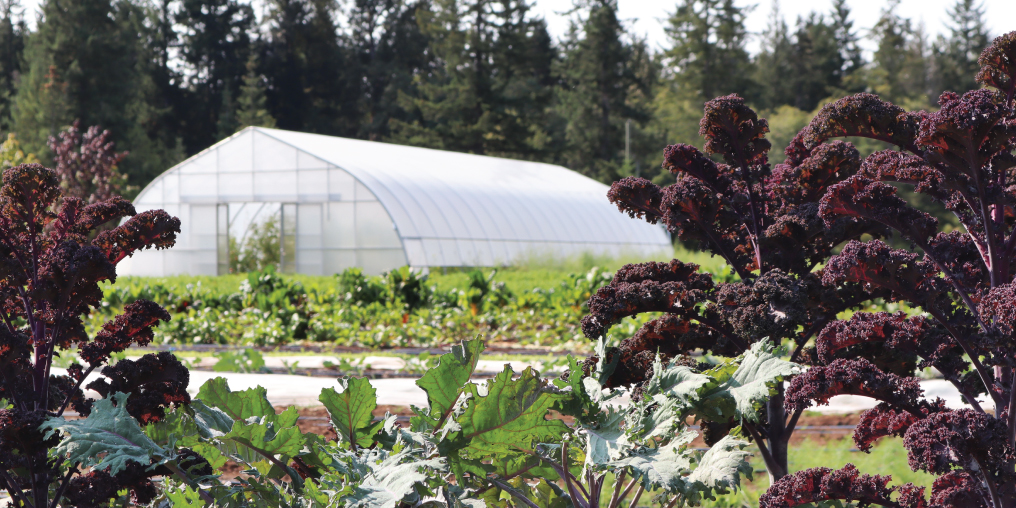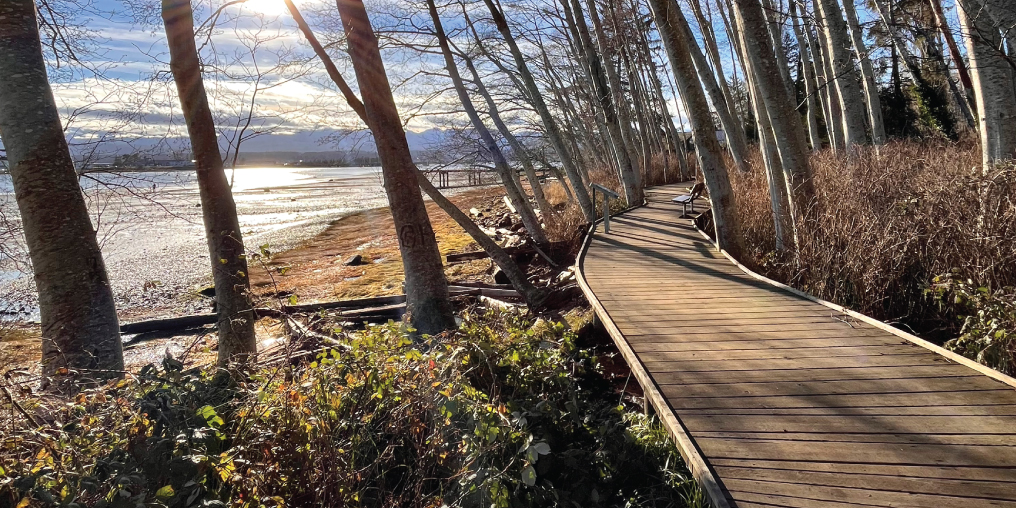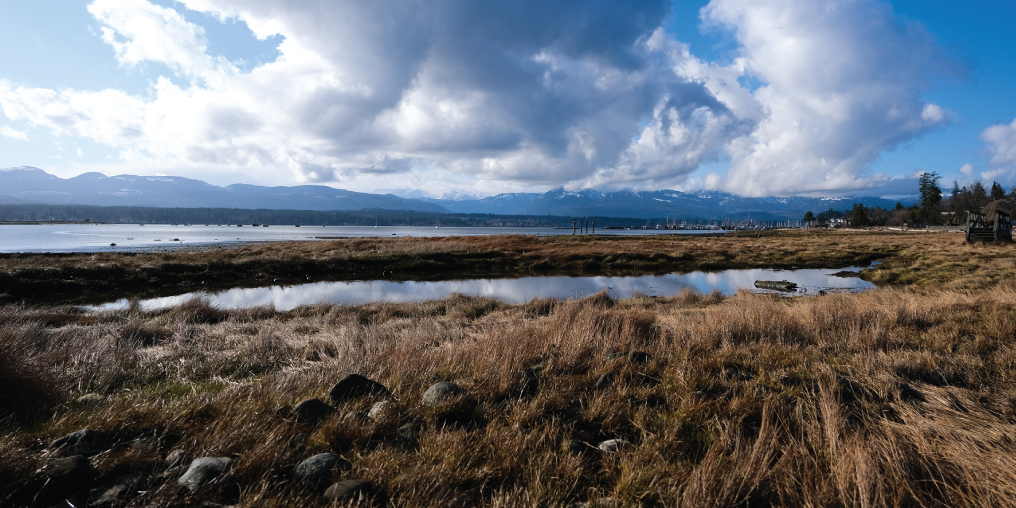Have you ever noticed that the flowers you see in local gardens—maybe even in your own yard—are rarely available at your florist? This question sparked my journey towards becoming a full-time flower farmer. My name is Lydia Jackson and, along with my husband, I am the owner of Hazel Bloom Farm. [Editor’s note: Lydia is the family’s chief farmer/florist.]
There has never been a time in my life where I wasn’t growing something. But after I received a number of dahlia tubers from a friend in 2016, things ramped up to a whole new level. I became the person showing up with flowers at dinner parties and coffee dates. People would exclaim, “I’ve never seen flowers like these before!” and it wasn’t long before I started getting special requests from friends and acquaintances.
I began looking into why many of my favourite flowers were not available at grocery stores and flower shops. The answers I found shocked me. Many flowers are too delicate to withstand the rigours of long-distance travel, and boy, do flowers travel! The vast majority of flowers purchased in Canada are grown thousands of kilometres away, in places like California, Ecuador, and Mexico.
These blooms are sprayed with pesticides and herbicides during growth and then again at our borders to prevent anything alive from coming into our country. One 2017 study found that the average florist comes into direct contact with 111 chemical substances every single day. The workers who plant, tend, pick, cut, and pack flowers are also exposed to these types of substances, many of which have been associated with increased rates of cancer and a plethora of other conditions and illnesses.
What’s more, few flower types maintain a good appearance during and after their long trek. By the time flowers are purchased, they have often been in transit or a cooler for up to a month. This is why we lack diversity.
Learning about detrimental environmental farm practices and serious health concerns—not to mention knowing we miss out on a huge range of beautiful flowers—lit a fire within me. So I literally dug in and started a farm.
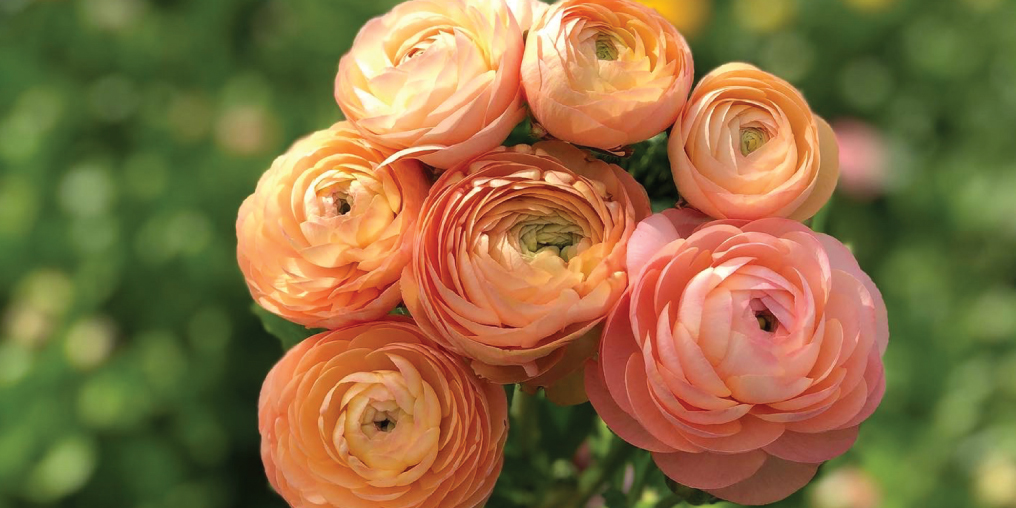
I grow my flowers without pesticides or herbicides, and with minimal inputs. An overabundance of inputs (whether organically sourced or not) can lead to imbalance. Too much nitrogen, phosphorus, and magnesium can leach into waterways and sensitive habitats, wreaking havoc on those environments. On our farm, we achieve balance by putting back only what we take out, and slowly build healthy, living soil without adding much more than mulch and water.
Other local farmers, like Camille Vittery (Daughter of Flowers) and Candice Woloshyn (Dirty Girl Flowers), share my farming philosophy and love for locally grown blooms. We all take inspiration from the Slow Flowers movement, which aims to reconnect consumers to locally and sustainably grown flowers. Our flowers are hardy and make long-lasting bouquets because they didn’t have to travel the world to get here. We just had to travel out the back door to the garden to cut them.
Although we are technically competitors, we support one another. Farming has very unique challenges, and when a crop fails, or pests or weather destroy your blooms, it’s good to know that other strong farmer-entrepreneurs have you covered.
Selecting a favourite flower is like trying to pick a favourite child. However, Camille favours nicotiana for its scent and movement. “It has a grand and stately presence but somehow manages to create a cozy cottage feel,” she says. Candice loves narcissi, which she calls “the heralds of spring.” Bringing cheer after a cold winter, these flowers have abundant strength and fortitude, but are also delicate and vibrant. And I’m still passionate about the flowers that started it all for me: dahlias. They have a hypnotic geometry that borders on perfection, but can also be wild and crazy, like they just rolled out of bed.
Flowers continuously amaze me with their variety of shapes, colours, and sizes, and my goal is always to work more creatively with them, and to share their beauty and bounty as widely as I can.
Each farmer offers seasonal floral subscriptions (delivered to your home on a regular basis) and custom bouquets. Farm stands are stocked all summer long with freshly picked blooms, and Camille’s flowers can be found at the Local Refillery, while Candice has a booth at the Comox Valley Farmers Market.

